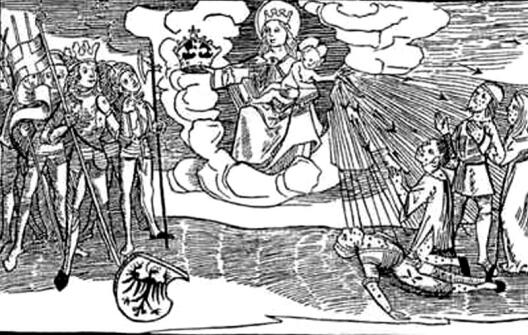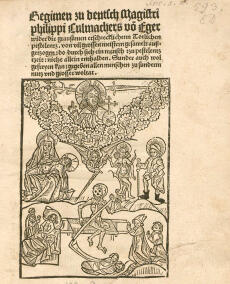(D2-13) “Force majeure” and public action. Politics at the times of the plague

For the people of the Late Middle Ages, the “black death” was a body-related pathological disease pattern at second instance at most. First and foremost, it represented an experience of physical violence of external origin. Instead of a microorganism, God himself or, rather, nature as created by him was considered to be the cause of the pandemic. As a product of a “force majeure”, the plague became a point of reference of theological exegesis. In its material form, however, it also became the object of natural philosophical experts’ opinions.

Through their dialogue with God and his law of nature, the people at that time endeavoured not only to assure individual survival but also to develop strategies of collective crisis management because, as Klaus Bergdolt said, “As of 1348, the plague had always also been a political issue.” The project will examine, among other things, two complementary central perspectives in a time frame extending to the end of the 15th century: firstly, the medieval plague discourse in its double polarity, and secondly, the way it was reflected in specific practices in public action. Looking at the “plague” area of discourse permits to illuminate the line drawn between politics and the natural sciences, which has had a formative character, at one of the key stages of its historical genesis.

